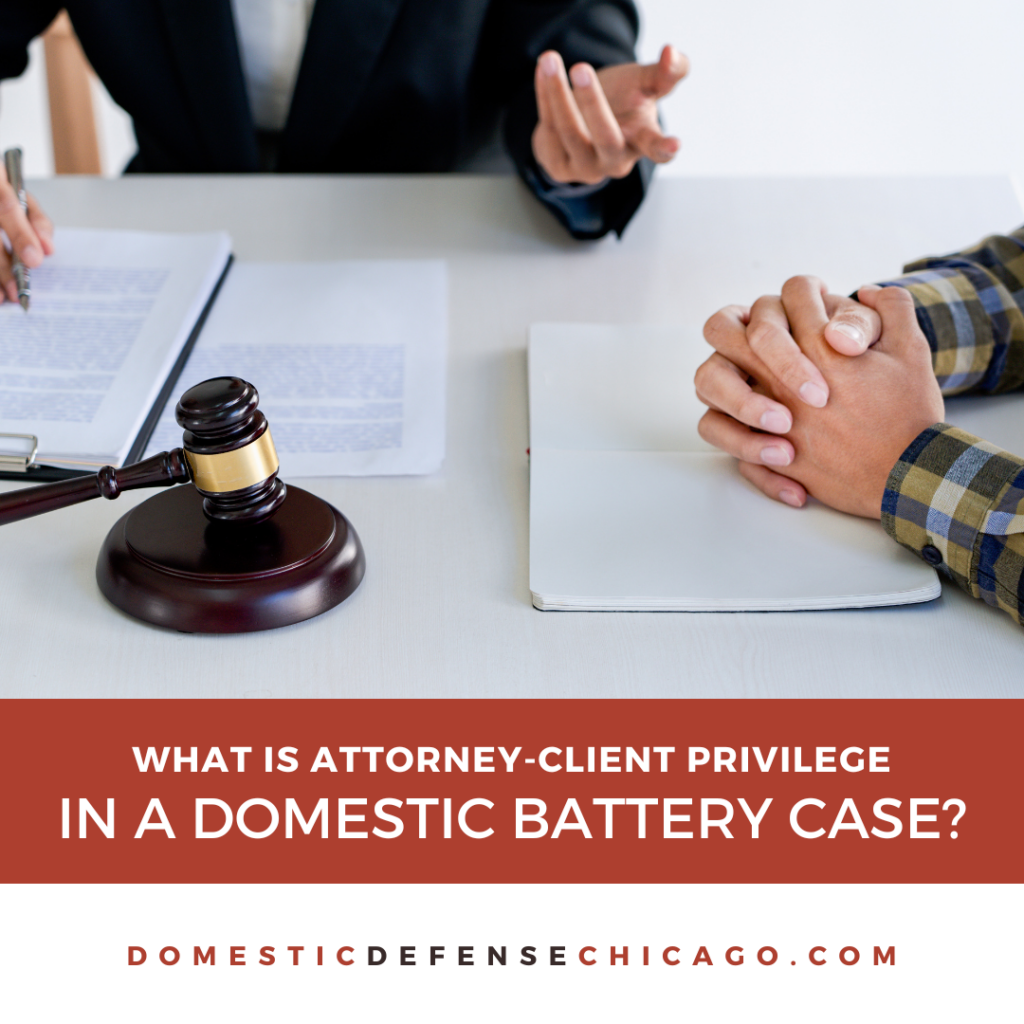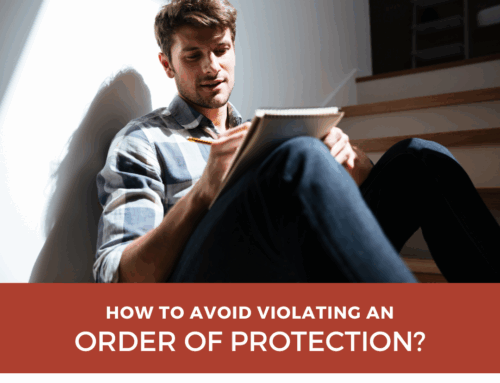Navigating a domestic battery case involves not only understanding the charges but also recognizing the critical aspects of your relationship with your defense attorney. One key element is the attorney-client privilege, a fundamental component that protects the confidentiality of communications between you and your lawyer. This guide delves into the nuances of attorney-client privilege in the context of domestic battery cases.
What is Attorney-Client Privilege in Domestic Battery Cases?
Attorney-client privilege is a cornerstone of the legal system, ensuring open and honest communication between clients and their lawyers. This guide explains the following:
- Understanding attorney-client privilege
- The scope of attorney-client privilege in domestic battery cases
- Limitations of attorney-client privilege
- How attorney-client privilege benefits your case
- Common misconceptions about attorney-client privilege
Here’s a closer look at each.
Understanding Attorney-Client Privilege
Attorney-client privilege is a legal concept that protects the confidentiality of communications between a client and their attorney. This privilege encourages clients to speak freely and provide all relevant information to their lawyer without fear that these details will be disclosed to others, including in court.
Related: Information on domestic battery defense in Chicago
The Scope of Attorney-Client Privilege in Domestic Battery Cases
In domestic battery cases, attorney-client privilege covers all communications related to your case. This includes discussions about the incident, your personal history, and any strategies for your defense. It’s important to understand that this privilege applies from the moment you engage the services of an attorney.
Limitations of Attorney-Client Privilege
While attorney-client privilege is extensive, it does have limitations. The privilege does not apply to communications that involve the planning of future crimes or fraud. Additionally, the privilege may be waived if the client shares privileged information with third parties.
Related: 3 things you MUST do if you’re falsely accused of domestic battery
How Attorney-Client Privilege Benefits Your Case
Attorney-client privilege is crucial in building a strong defense. It allows you to be completely open with your lawyer, which is essential for them to understand the full context of your case and develop an effective defense strategy. This privilege ensures that your lawyer can work in your best interest without the risk of sensitive information being used against you.
Common Misconceptions About Attorney-Client Privilege
There are several misconceptions about attorney-client privilege. One common misunderstanding is that the privilege applies to all conversations with a lawyer, regardless of context. However, the privilege only applies to communications related to legal advice. Another misconception is that the privilege is absolute, but as noted earlier, there are specific limitations.
FAQ About Attorney-Client Privilege in Domestic Battery Cases
Check out these commonly asked questions about attorney-client privilege in domestic battery legal defense.
What Communications Are Protected Under Attorney-Client Privilege?
Communications that are protected under attorney-client privilege include any discussions, correspondence, and shared documents related to your legal defense. This encompasses conversations about the case details, legal advice, and defense strategies.
Related: Can I lose custody of my kids if I’m convicted of domestic battery?
Does Attorney-Client Privilege Apply After My Case is Closed?
Yes, attorney-client privilege continues to apply even after your case is closed. The confidentiality of your communications with your attorney is maintained indefinitely, ensuring that what you discussed during your case remains private.
Can I Waive Attorney-Client Privilege?
Attorney-client privilege can be waived, but only by the client. This typically happens when privileged information is shared with someone outside the attorney-client relationship. It’s important to be cautious about discussing your case with others.
What Happens if Attorney-Client Privilege is Breached?
If attorney-client privilege is breached, it can have significant implications for your case. Breached confidentiality might lead to the disclosure of sensitive information that could be used against you in court. It’s crucial to maintain the confidentiality of your communications with your attorney.
How Does Attorney-Client Privilege Differ from Confidentiality?
While attorney-client privilege and confidentiality are similar, they are not the same. Confidentiality refers to a broader ethical duty of lawyers to keep client information private. Attorney-client privilege is a specific legal protection for communications related to legal advice.
In conclusion, understanding attorney-client privilege is essential in a domestic battery case. It forms the basis of a trusting and effective relationship with your lawyer, allowing for open communication and a stronger defense. By comprehending the scope, benefits, and limitations of this privilege, you can navigate your case with greater confidence and clarity.
Do You Need to Talk to an Attorney About Domestic Battery Defense?
If you need to talk to a domestic battery defense attorney in Illinois, we’re here to help. Call us at 847-920-4540 now – we’ll be happy to give you a free consultation and talk to you about your options.







Leave A Comment
You must be logged in to post a comment.